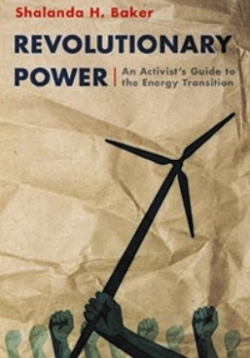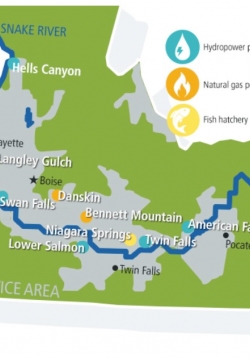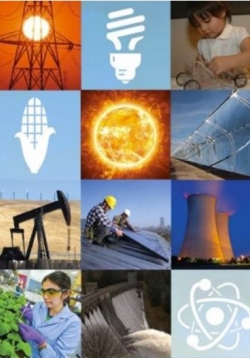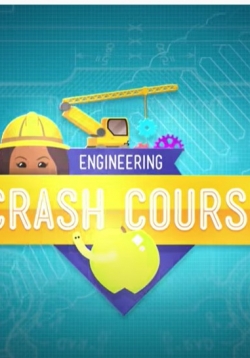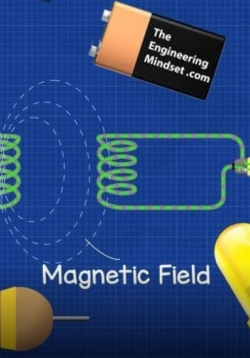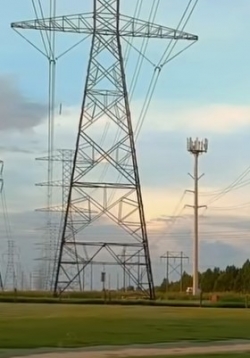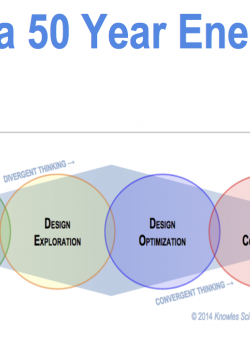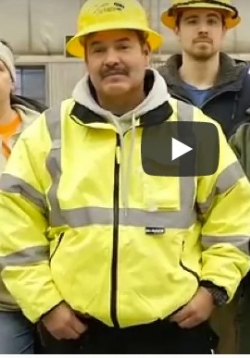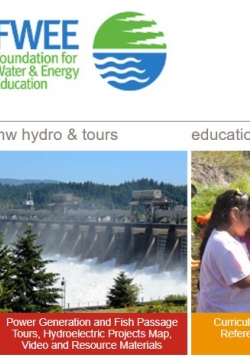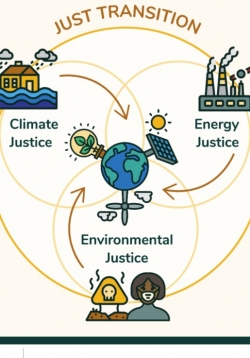
The Initiative for Energy Justice is a nonprofit organization conducting research, providing tools and advocacy support to support equitable energy policy and decisions. The site includes the Energy Justice Workbook and Scorecard, which can help educators analyze their energy and other curriculum for energy justice issues.
From the website:
The Initiative for Energy Justice aims to:
(1) contribute to a bottom-up movement of energy justice, originating in frontline communities, by arming movement and base-building organizations in environmental, racial, and economic justice spaces with well-supported policy research and workable transactional models for operationalizing a just transition to renewable energy; and
(2) provide city and state policymakers with concrete energy policy frameworks and best-practice tools that foreground equity in the transition to renewable energy, drawing on the best-available data collected from frontline advocates, existing energy policies, and frameworks designed by our team.

